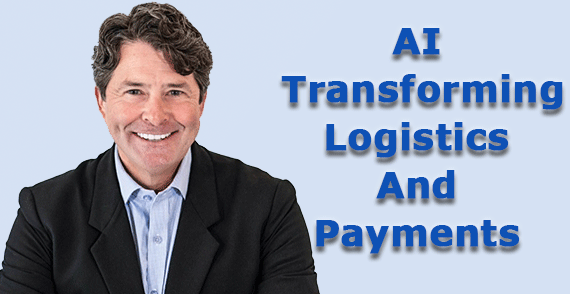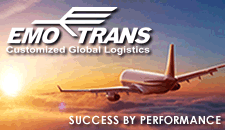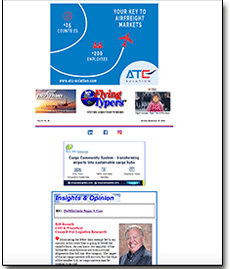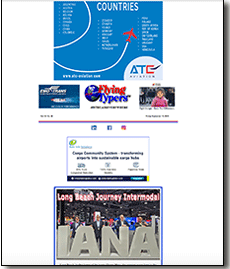 |
Artificial Intelligence is reshaping global logistics at an unprecedented pace. For decades, companies have sought solutions to accelerate operations, reduce errors and streamline financial and operational flows. While many challenges have persisted, AI now offers the potential to remove friction across the supply chain, delivering speed, visibility, and reliability in ways that were not possible before.
Few companies are better positioned to drive this transformation than PayCargo. At the center of a payment network connecting over 140,000 stakeholders worldwide—and processing billions in transactions annually—PayCargo has a unique view of how financial and operational flows intersect. Its innovation team develops solutions that simplify complex logistics workflows, link financial flows to cargo movements, provide actionable insights for stakeholders, and continues to explore new AI-driven capabilities across the supply chain. At the center of this work is Dennis Monts, who leads strategy for PayCargo’s inter-modal innovation initiatives.
AP automation offers a clear example of how intelligent systems can transform daily operations. Logistics companies often process large volumes of invoices across multiple markets, branches and time zones. Manual handling slows operations, increases errors, and ties up capital. Automating AP changes that equation.
“AP automation is a natural example of how technology can remove friction. By digitizing invoice capture, routing approvals, and executing payments through a single, integrated platform, teams can reduce delays and errors, improve financial control, and gain real-time visibility into cash flows. It’s not just about efficiency—it’s about enabling logistics teams to act with confidence and accuracy, and freeing them to focus on higher-value tasks,” Monts says.
Beyond AP, PayCargo is actively exploring opportunities across the full logistics ecosystem. Expansion into multimodal operations—including trucking, rail, warehousing, and cross-border trade—is a natural extension of the company’s work. By connecting payments with physical cargo movements, PayCargo aims to reduce bottlenecks, enhance visibility, and create a seamless interface between finance and operations.
“Every handoff in logistics—whether between carriers, terminals, forwarders, or warehouses—represents both a physical and financial event. By bridging those two flows, we turn what used to be friction into a catalyst for speed, compliance, and efficiency. Our goal is to build scalable, interoperable solutions that benefit every stakeholder,” Monts said.
Key areas of impact:
* End-to-End Payment Innovation – Automating AP/AR, invoicing, and settlements to speed operations and reduce errors
* Operational Control and Cargo Visibility – Linking financial events with cargo milestones to improve decision-making
* Regulatory Compliance and Fee Automation – Supporting carriers, forwarders, and terminals while automating time-sensitive fee collection
* Cross-Modal Expansion – Extending beyond marine and air into trucking, rail, warehousing, and cross-border trade
“PayCargo has always excelled at removing friction in payments,” Monts concludes. “With AI and automation, we’re extending that strength across the entire supply chain—helping companies move money and cargo faster, more accurately, and with confidence. This is just the beginning of what intelligent logistics solutions can achieve, and we are actively developing new innovations that will continue to transform the industry.”
SSA
|





 Vol. 24. No. 40
Vol. 24. No. 40